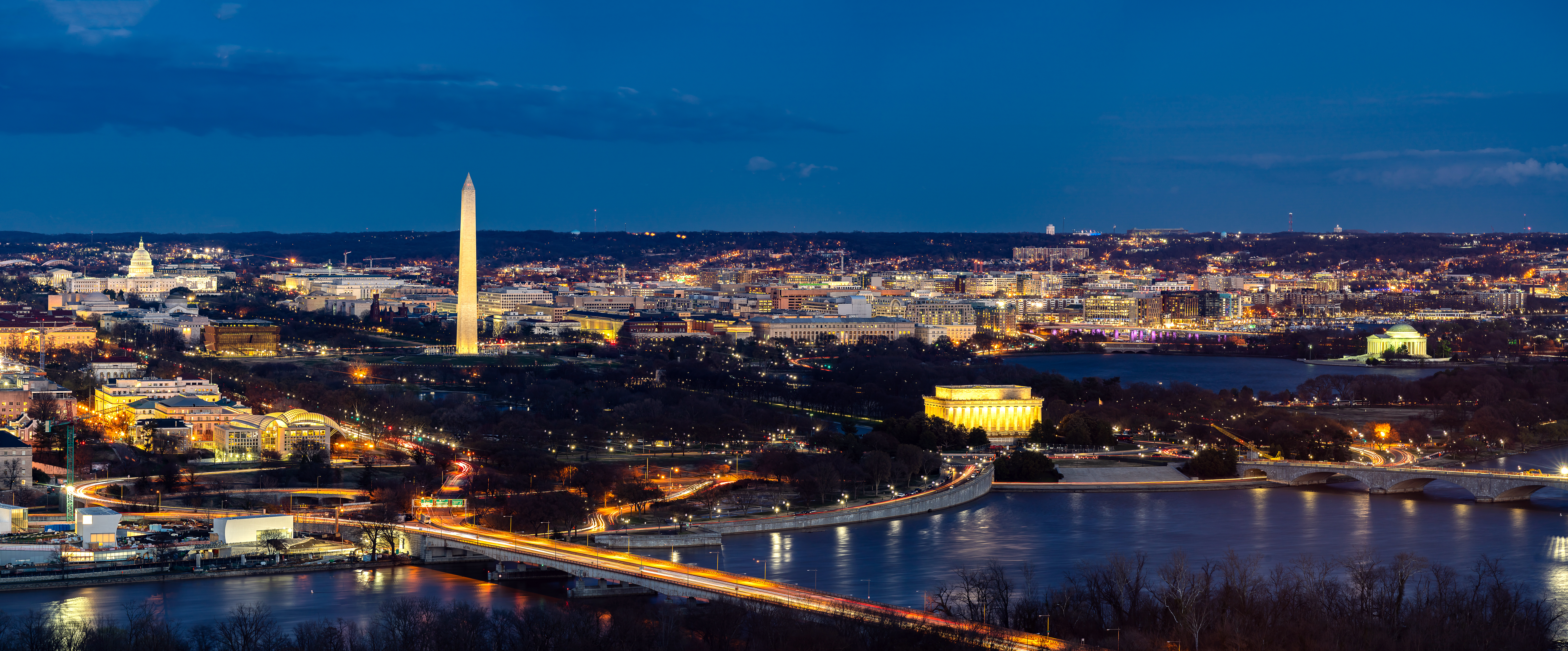
The Center for EcoTechnology (CET) is building relationships in Washington, D.C. with stakeholders that are interested in addressing wasted food. Wasted food prevention, donation, and recycling are priorities in D.C. and are integral to improving public health and achieving climate action goals. In partnership with the Latino Economic Development Center (LEDC) and with funding from the Department of Small and Local Business Development (DSLBD), CET has helped restaurants and food-permitted businesses throughout the area implement strategies to reduce wasted food. Check out our Spotlights from Washington, D.C. to learn more.
To learn more about CET’s work in D.C. and to get involved, contact CET today at 888-813-8552 or e-mail wastedfood@cetonline.org.
Helpful DC Wasted Food Resources
- The Department of Small and Local Business Development (DSLBD)
- In 2022 DSLBD launched food waste innovation grants to help restaurants, food manufacturers, shared commercial kitchens, and others reduce, rescue, and recycle their wasted food.
- Natural Resources Defense Council’s (NRDC) Washington, D.C. Food Waste Policy Gap Analysis and Inventory
- This report provides a detailed inventory of existing policies in Washington D.C. as well as a gap analysis identifying opportunities for furthering food waste reduction policy.
- Food Donation Resources
- Food rescue organizations facilitating food recovery in Washington DC include Food Rescue US and MEANS Database
- The Department of Public Works (DPW) offers information for businesses and institutions seeking to donate food.
- The D.C. Department of Health’s Food Safety and Hygiene Inspection Services Division and the Department of Public Works’ Office of Waste Diversion developed the Commercial Food Donation Guide to outline steps for safely donating food.
- Compost Resources
- This Commercial Compost Guide from the Sierra Club DC Chapter Zero Waste Committee provides case studies of successes and challenges of businesses implementing composting programs.
- Litterless’ Where to Compost: Washington DC is a directory and guide to supporting local businesses and fighting climate change.
- The Compost Feasibility Study by DC DPW and Resource Recycling Systems (RRS) is a composting collection progress and feasibility report reviewing residential and commercial programs and processing capacity in the D.C. area.
DC Legal/Regulatory Requirements
- Every state has specific state-level legal and regulatory requirements regarding food waste and food donation. ReFED, a national food waste prevention nonprofit, created a searchable database of state-by-state food waste policies and regulations, in collaboration with the Harvard Food Law and Policy Clinic. View the Washington DC food waste policy page for specific, up-to-date information about Washington DC’s food waste laws.
- The Emerson Act
- The Federal Emerson Act (Public Law 104-210) protects donors from liability when donating to nonprofit organizations and protects donors from civil and criminal liability should the product, donated in good faith, later cause harm to the needy recipient.
Toolbox
For more information regarding food waste estimates, source separation guidance, and how to start a food donation program, open CET’s Toolbox.
TAKE THE NEXT STEP, CONTACT US!
Contact CET to learn more about food recovery and waste diversion opportunities for your business, institution, customers, or association members:
